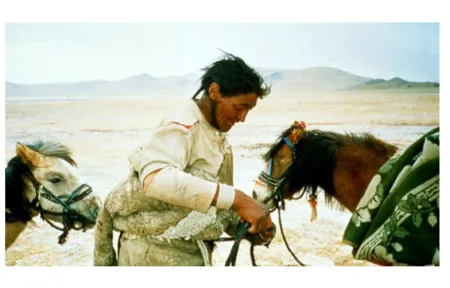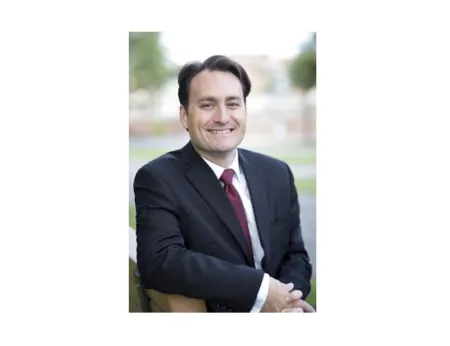Having seen so many wonderful and thought-provoking films at FLEFF over the last 25 years, it is hard to choose just one memorable experience.
The very first FLEFF film that I watched was part of the 1999 festival: Ulrike Koch’s THE SALTMEN OF TIBET (1997), an account of the arduous annual trip made by Tibetan nomads to collect salt for three months from Lake Tsentso in central Tibet.
The film’s dreamy, almost languid pace, the desolate beauty of the film’s landscape, and the haunting voice of a Tibetan singer, whose recounting of the Epic of King Gesar is interwoven with scenes of the Saltmen’s highly ritualistic efforts come together to depict a world of past and present, sacred and profane.
Yet as strongly as that film’s images remain present in my mind, my most memorable FLEFF experience came nearly ten years later, when I was asked to contribute to a talkback for Stefan Ruzowitzky’s DIE FÄLSCHER/THE COUNTERFEITERS (2007) as part of the 2008 festival.
The film, a fictionalized account of a Jewish counterfeiter interned in Sachsenhausen and forced to forge foreign currency for the Nazis, is an exploration of the moral and psychic costs of survival for those inhabitants of what Primo Levi has called the Grey Zone, a space and place that complicates our perception of victims and perpetrators.
Emboldened by my then recent tenure and promotion and armed with copious notes, I was ready to hold forth on the film, delivering the sort of professorial lecture that I thought appropriate to my new rank.

